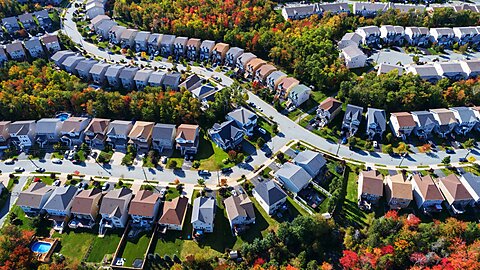Peter Van Doren
What can be done to increase the supply of affordable housing? The traditional answer in Blue states has been inclusionary zoning, a policy that mandates that new housing developments price a small percentage of units at less than the market. The New York Times recently profiled a new inclusionary zoning development in Montgomery County, Maryland, one of the jurisdictions that invented the policy in the early 1970s.
Inclusionary zoning is superficially attractive to voters and elected officials because it isn’t “public housing” and thus does not have an explicit budget that is visible to taxpayers. And the rhetoric that surrounds the policy suggests that it simply makes developers do the right thing:
In the decades since Montgomery County passed the housing ordinance, the idea that developers should provide affordable housing in every kind of building and neighborhood, once regarded as a wild notion pushed by volunteer activists, has spread around the country. It is known as “inclusionary zoning” and has become a staple of many cities’ housing policy.
But regardless of the positive rhetoric that suggests the benefits that flow from good government mandates, inclusionary zoning is a tax on new housing that is also attached to a spending program on rent reduction that is off budget. The irony, of course, is that a tax on new housing reduces its supply and thus increases its price. This understanding is not new. More than thirty years ago a colleague and I asked why tax the supply of a commodity (housing) whose supply you intend to increase?
Previously I have described two alternatives to inclusionary zoning. The first is filtering: reduce zoning constraints on new construction and allow the effects of the increased new supply to “filter down” to existing units whose owners have to reduce price to maintain occupancy. Recent evidence suggests the benefits from filtering are real. The second is payments to incumbent low‐density homeowners to gain their acceptance of increased density and affordability.
Allowing local governments to convert the current in‐kind, opaque, underground market for zoning change into an explicit legal exchange of cash for density would facilitate the development of housing and reduce prices.



























